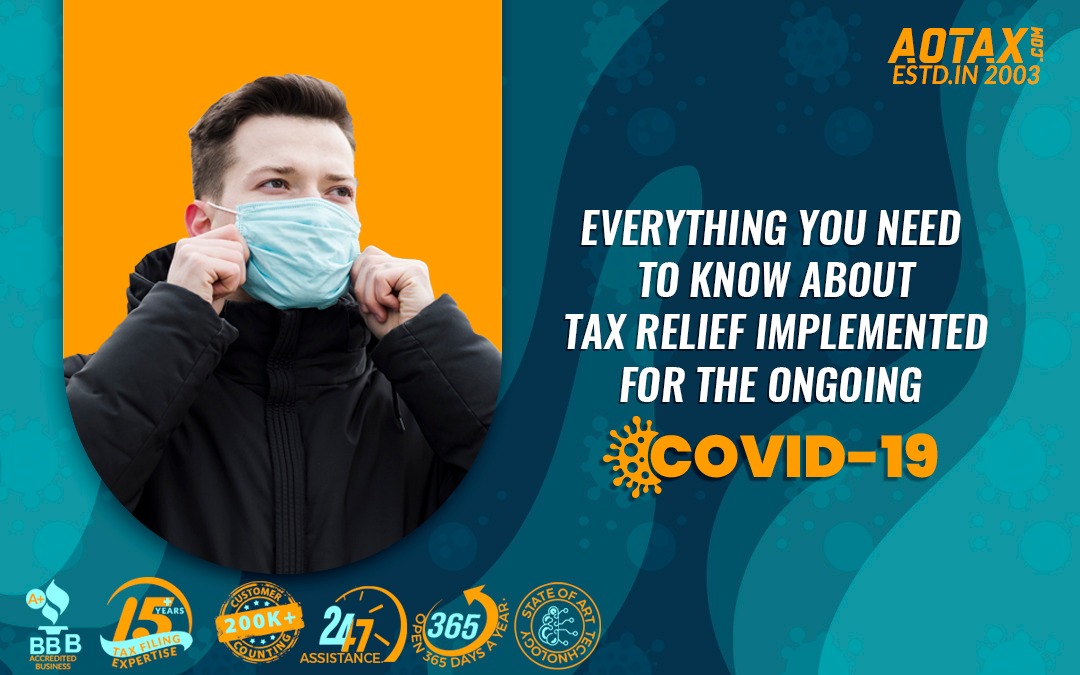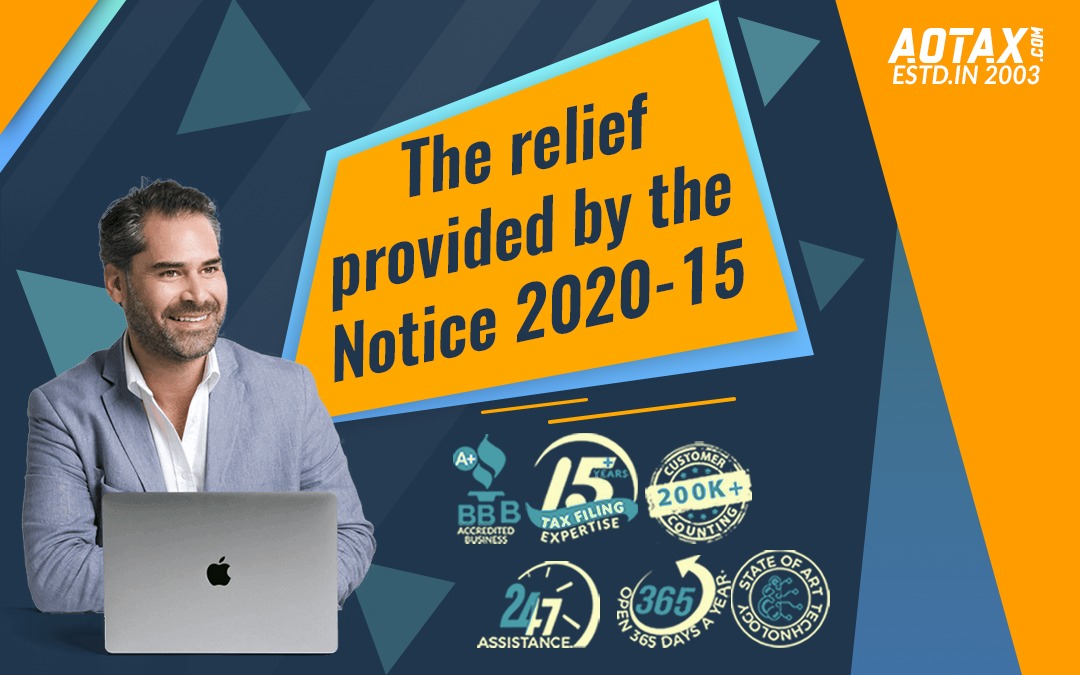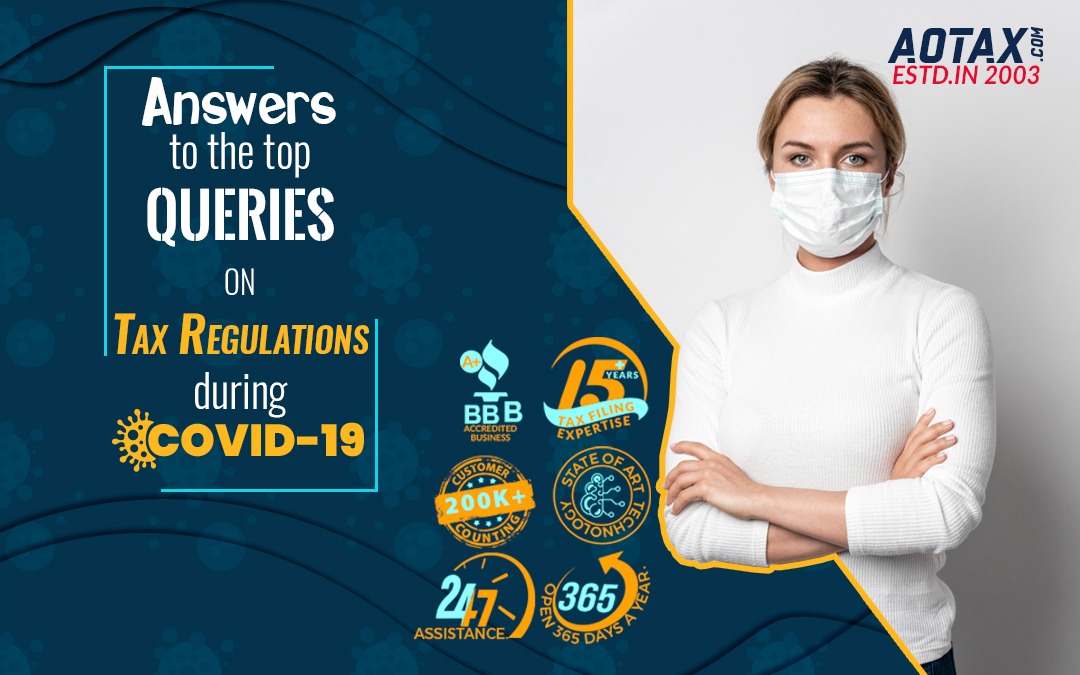
How can the pandemic affect my taxation as an NRI in the US?
How can the pandemic affect my taxation as an NRI in the US?
The impact of the pandemic COVID-19 is on an increase across the entire world. Currently, more than 2 million people have been affected by COVID-19 out of which 1.7 lakhs have already died. taxation as an NRI in the United States has also experienced a very rapid spread of the coronavirus with the number of affected people being 7.5 lakhs approximately whereas the deaths due to COVID-19 have reached 40 thousand persons.
Not only the lives of the people in the US are being affected due to COVID-19, but there has also been a hugely adverse effect on the livelihoods of common people. Several businesses have closed down leading to many people including NRIs losing their jobs. However, the Federal Government has implemented several changes in the tax laws for the NRIs intending to reduce the stress in such troublesome times.
Changes in tax laws for NRIs

a.Deadline extension for filing tax returns
The IRS and the US Treasury had declared that the deadline to file for individual federal income tax return has been extended to 15th July 2020. For this extension of 90 days provided by the IRS, there would not be any penalties charged by the IRS.
b.Deadline extension for tax payment
The deadline for making the federal income tax payment has also been pushed to 15th July 2020. This means if an NRI has tax to be paid this season then there is ample time to make the payments. For providing this extension in the timeline for tax payment, the IRS will not be charging any penalties. Moreover, this deadline extension is also applicable for the first quarter payment of estimated tax payments which were due on 15th April 2020.
c.No necessity for additional forms
An NRI would not need to file for a tax extension to avail of the extended deadline for federal income tax return filing and federal income tax payment as well. However, if an NRI thinks that he would not be able to file the tax returns or pay the taxes even after 3 months then he would have to file for an extension by 15th July 2020.
d.Deadline extension for quarterly estimated tax payment
For the self-employed NRIs who had their quarterly estimated tax payment due on 15th April 2020 and 15th, June 2020 would obtain an extension for the payment till 15th July 2020.
e.Changes in the deadlines for payment of State Tax
In general, the deadlines for filing federal tax returns and payment of federal tax are different from that of the State tax. However, due to the outbreak of COVID-19 the deadlines for Federal tax returns and tax payment had been extended. Most of the States have aligned their tax payment deadlines with that of the new Federal deadline. Some states have defined their guidelines for the payment of tax and deadlines. Complete information on the State tax-related changes and deadlines can be obtained from the respective State tax agencies.
f.Deadline extension for contributions to be made into IRA, HSA, and MSA
Along with the extension in the deadline of Federal taxes, there has been an extension in the deadlines for making contributions to the IRA, HSA, and MSA. The deadline for contributing to the IRA, HSA, and MSA has been extended to 15th July 2020. However, in the case of IRA, the NRI must ensure that when he is making the additional contribution towards the IRA the custodian should earmark the additional contribution for the year 2019 and not consider it as 2020 return.
g.Stimulus Payments
Under the Coronavirus Aid Relief and Economic Security (CARES) Act, the Federal Government has announced the process of one-time payments to be sent in the form of Stimulus payments. These Stimulus payments would mainly depend on the filing of tax returns for 2019 and the Adjusted Gross Income (AGI) of an NRI.
NRIs filing tax returns as single filers and having an AGI below $75,000 would obtain $1200 as Stimulus payment. When the AGI is above $75,000 then the amount obtained reduces by $5 for every $100 increase in the AGI above $75,000. NRIs filing tax returns jointly as married couples and having an AGI below $150,000 would receive $2400 as Stimulus payment. If the AGI exceeds $150,000 then the Stimulus payment received would reduce by $5 for every $100 increase in the AGI above $150,000. In both cases, an additional $500 can be obtained if the filer claims a dependent below the age of 17 years.
However, along with these changes being implemented in the tax laws, the IRS is also processing the tax returns according to the normal procedures. So, it is advisable for the NRIs also to file their tax returns soon if they have not done it yet and obtain their refunds.








Recent Comments